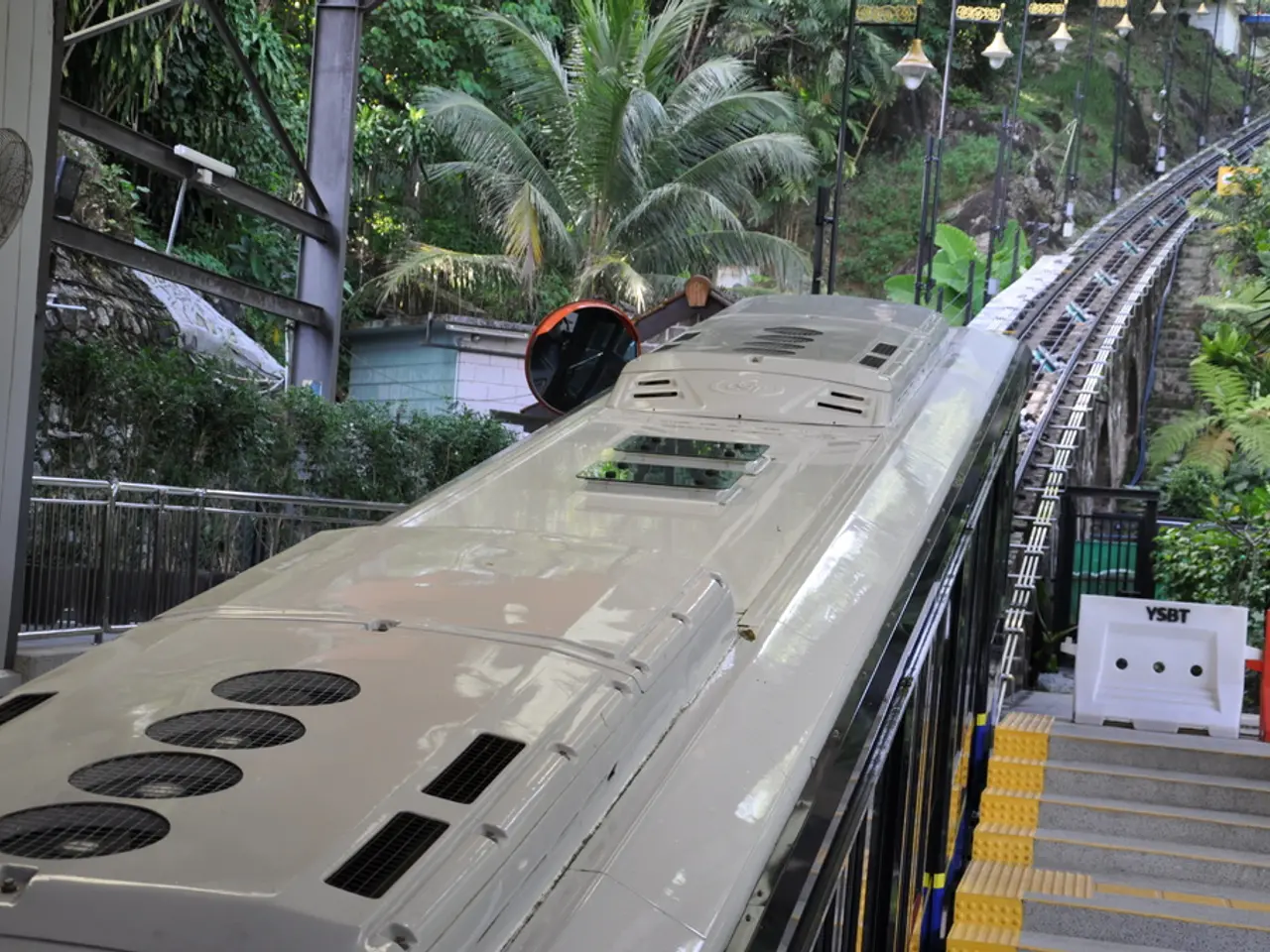Senate makes progress on spending bills, hastening towards avoiding government shutdown
The Senate has made some progress in passing key spending bills to avoid a potential government shutdown, but concerns remain as the deadline approaches on September 30. The advancement of these bills, which include funding for military construction, Veterans' Affairs, agriculture, the Food and Drug Administration (FDA), and the legislative branch, came late Friday night.
Senate Majority Leader Chuck Schumer (D-N.Y.) and Senator John Thune (R-S.D.) have been central figures in these negotiations. Thune commented on Schumer facing a "no-win situation" amid efforts to advance these bills, signaling a partial easing of partisan gridlock but not a full resolution yet.
The advancement of the spending bills is a victory for members of the Senate Appropriations Committee and Republican leadership. However, the bills are now heading to the House, where Republicans are already incensed that the Senate's bills go over their approved spending levels.
Meanwhile, the House had recently gone into summer recess with only a short legislative calendar remaining to finalize the appropriations needed to prevent a shutdown. This heightens the urgency to pass these bills.
The president has called on Senate Republican leadership to confirm a slew of Trump's nominees, as the number of these picks has now ballooned to over 150. Democrats continue their blockade of the nominee confirmation process.
The bill to fund the legislative branch was added to the package separately in response to a roadblock by Senator John Kennedy (R-La.). Kennedy announced his plan to vote against that piece of the package because the bill increased spending, specifically for Congress.
The advancement of these bills was delayed for much of the week due to partisan gridlock, with lawmakers on both sides of the aisle looking to block the bills. The bills were put on ice for much of the week, but a path forward was found, and they were put on the floor, passing after several votes on amendments.
The current situation shows the Senate making some progress in passing spending bills to avoid a government shutdown, but the threat remains. Federal agencies like the Corporation for Public Broadcasting are beginning to wind down operations due to funding exclusions in recent appropriations bills, indicating the serious stakes involved if funding is not fully restored soon.
This is the first time since 2018 that the upper chamber passed spending bills before September, offering a glimmer of hope for a smooth funding process. However, with the deadline fast approaching, the Senate still has much work to do to ensure a shutdown is avoided.
- In the midst of politics and policy-and-legislation, Senate Majority Leader Chuck Schumer finds himself in a "no-win situation" amid efforts to advance spending bills, experiencing a partial easing of partisan gridlock but not a full resolution yet.
- Amid general-news of war-and-conflicts and political negotiations, the House face urgency to finalize appropriations before its short legislative calendar runs out, due to recent summer recess.
- As the Senate strives to pass spending bills to prevent a government shutdown, the president is focusing on policy-and-legislation unrelated to funding, calling on Senate Republican leadership to confirm a multitude of Trump's nominees, causing controversy among Democrats.








